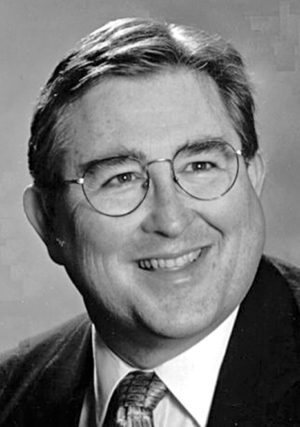By Danny Crownover
The first smallpox outbreak that Gadsden experienced was in January of 1883 when J.F. Pendergrast of New Orleans was building some scales for the old Coosa Furnace. He became ill while he was a guest of the Kittrell Hotel, which stood where Lon Noojin’s Hardware Store was located on North Fourth Street.
At first doctors could not agree on a diagnosis, but the next day they said that Pendergrast was suffering from a well-developed case of smallpox. Local authorities took prompt action and quarantining the hotel guests and employees, along with those persons operating stores on the building’s first floor.
Ropes were tied around the posts that supported the second story jutting out over the sidewalk, and little yellow flags were tacked up all over the place. A small pesthouse was built on Lookout Mountain near where Roy McCord’s residence was located. Farmers on the mountain protested and finally burned down the pesthouse.
For the first time in its hi-story, Gadsden used compulsory vaccination, and Dr. Joseph Bevans, who served as the Etowah County health officer, went from house to house vaccinating whole families. Other local doctors were busy as well, and soon there were many sore arms throughout the city.
There were few antiseptic devices in those days, and some folks suffered more from the vaccination than they would have from the disease itself. An opposition group against vaccination was established and lasted until the 1940s, all because of the crude methods used.
The quarantine as a result of Pendergrast’s illness was a tight one. Nobody was allowed to enter the Kittrell but the doctors and two nurses, one of whom was Wiley Wright, who had contracted smallpox while serving in the Confederate Army.
Late one night during the quarantine, Wright stepped out of Pendergrast’s room. The patient soon arose in a delirious condition and walked downstairs and through the lobby. Once outside the hotel, Pendergrast walked to the Woodliff Livery Stable located at Fourth and Chestnut streets, adjacent to the McCluskey Automobile Plant. Pendergrast was completely naked, and his body was covered with terrible sores.
A local youth named Gus Woodliff was seated inside the stable when Pendergrast walked in and asked for a horse and buggy, Gus jumped up and said, “You can have the whole stable,” and, as he later described it, “lit out a shuck.” Gus ran for blocks downtown while trying to find a policeman. Wright was on the trail of his patient, however, and soon had Pendergrast back in the hotel.
P.J. Smith, ma-nager of the Kittrell and one of Gadsden’s most colorful citizens, looked after his imprisoned guests in fine style and tried in every way to allay their fright.
Pendergrast, who was born in 1847 in Ireland, eventually died in the Kittrell Hotel. His mother arrived in Gadsden from New Orleans just before he passed away. Smith ordered a coffin and helped to lay out the dead man. Smith had a non-horse dray come to the front of the hotel and drove the coffin to Forrest Cemetery by himself.
Wearing his familiar gray derby hat and smoking a large cigar, Smith drove from Broad Street to Twelfth Street and then to Chestnut Street. He was the sole mourner at Pendergrast’s grave, which was bricked up with a small marble maker that gave his name, the place and date of birth and the date of his death.
The marker remains in the cemetery, the grave having been well cared for by the city.





